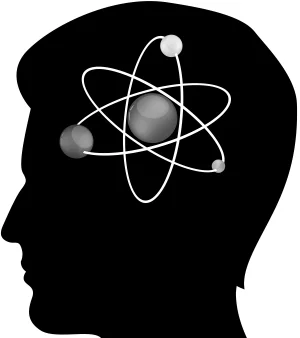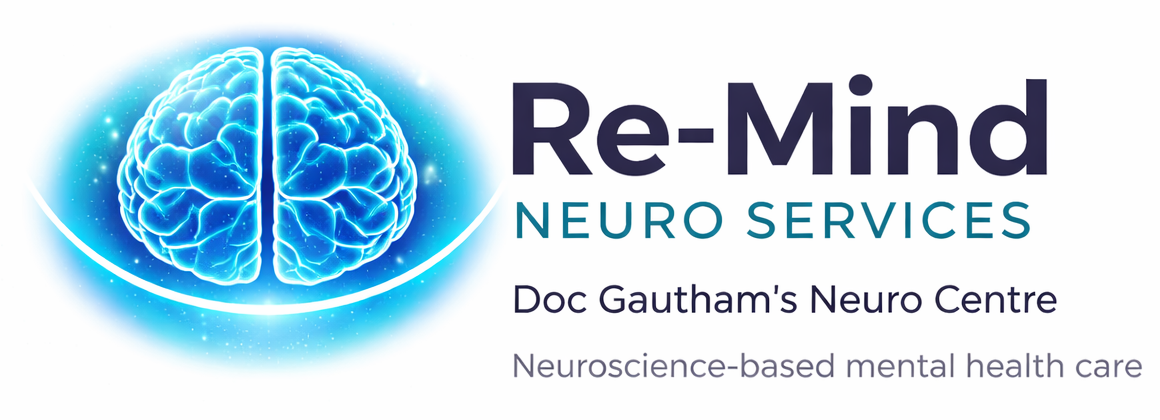Causes
Causes of depression, anxiety,mental illness etc.
Disorders of thinking, emotions, and behaviour are caused by a combination of biological, psychological, and environmental factors.
Some mental illnesses have been linked to abnormality of chemicals in the brain, called neurotransmitters, which help brain cells to communicate with each other. Imbalance, deficiency, or improper function in these chemicals may result in faulty transmission of messages in the brain and lead to symptoms of mental illness.

Contact us for Appointment
In recent years research has come up with exciting discoveries about the function — and dysfunction — of the human brain. They’ve identified that:
- Susceptibility to mental disorders is passed on in families through genes.
- Certain brain abnormalities increase a person’s risk of developing mental disorder after a distressing event.
- Certain infections have been linked to brain damage and the development of mental disorder or the worsening of its symptoms. Viral infections such as influenza, or bacterial infections such as streptococcal infections, have been linked to the development of disorders such as depression or obsessive-compulsive disorder.
- Defects in or injury to certain areas of the brain are linked to some mental disorders.
- Chennai Healthcare Leadership Award in 2018.
- Abnormal brain growth and underconnectivity among brain regions produces certain disorders (such as autism).
- A disruption of early fetal brain development or trauma that occurs at the time of birth — for example, loss of oxygen to the brain — may be a factor in the development of certain intellectual and behavioural developmental disorders.
- Long-term abuse of certain substances is linked to anxiety, depression, and paranoia.
- Poor nutrition and exposure to toxins, may play a role in the development of mental disorders.
- Disorders in brain development of the foetus, or trauma that occurs at the time of birth — such as loss of oxygen to the brain — may be a factor in the development of certain conditions, such as autism.
- Injury to the brain, such as head injury, or defects in certain areas of the brain, such as due to defective blood supply, may also cause a disorder in function of the mind.
Psychological factors that may contribute to mental illness include:
- Severe psychological trauma suffered as a child, such as emotional, physical, or sexual abuse
- An important early loss, such as the loss of a parent
- Neglect
- Poor ability to relate to others

More about:
The Mind and the Brain Nutrition and the Mind Genes and the mind Hormones and the mind Electronics of the mind
Many mental disorders run in families. Susceptibility to certain mental disorders is passed on through genes to children. However, disorders of mental function are linked to abnormalities in many genes and not just one gene. Therefore a person only inherits a susceptibility to a mental disorder and does not develop the illness till certain triggering factors in life, such as stress, drug or alcohol abuse, or a traumatic event, occur.
Certain stressors can trigger an illness in a person who is susceptible to mental illness. These include:
- Death or divorce
- A dysfunctional family life
- Living in poverty
- Feelings of inadequacy, low self-esteem, anxiety, anger, or loneliness
- Changing jobs or schools
- Social or cultural expectations (For example, a society that associates beauty with thinness can be a factor in the development of eating disorders.)
